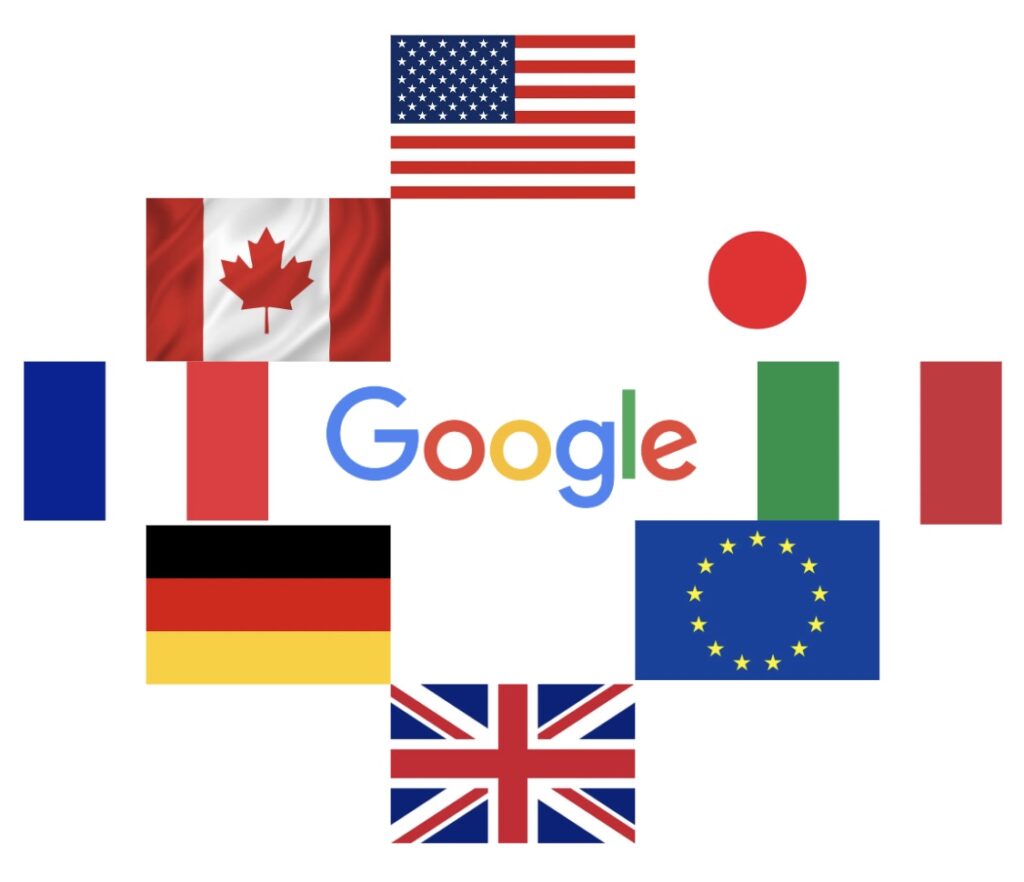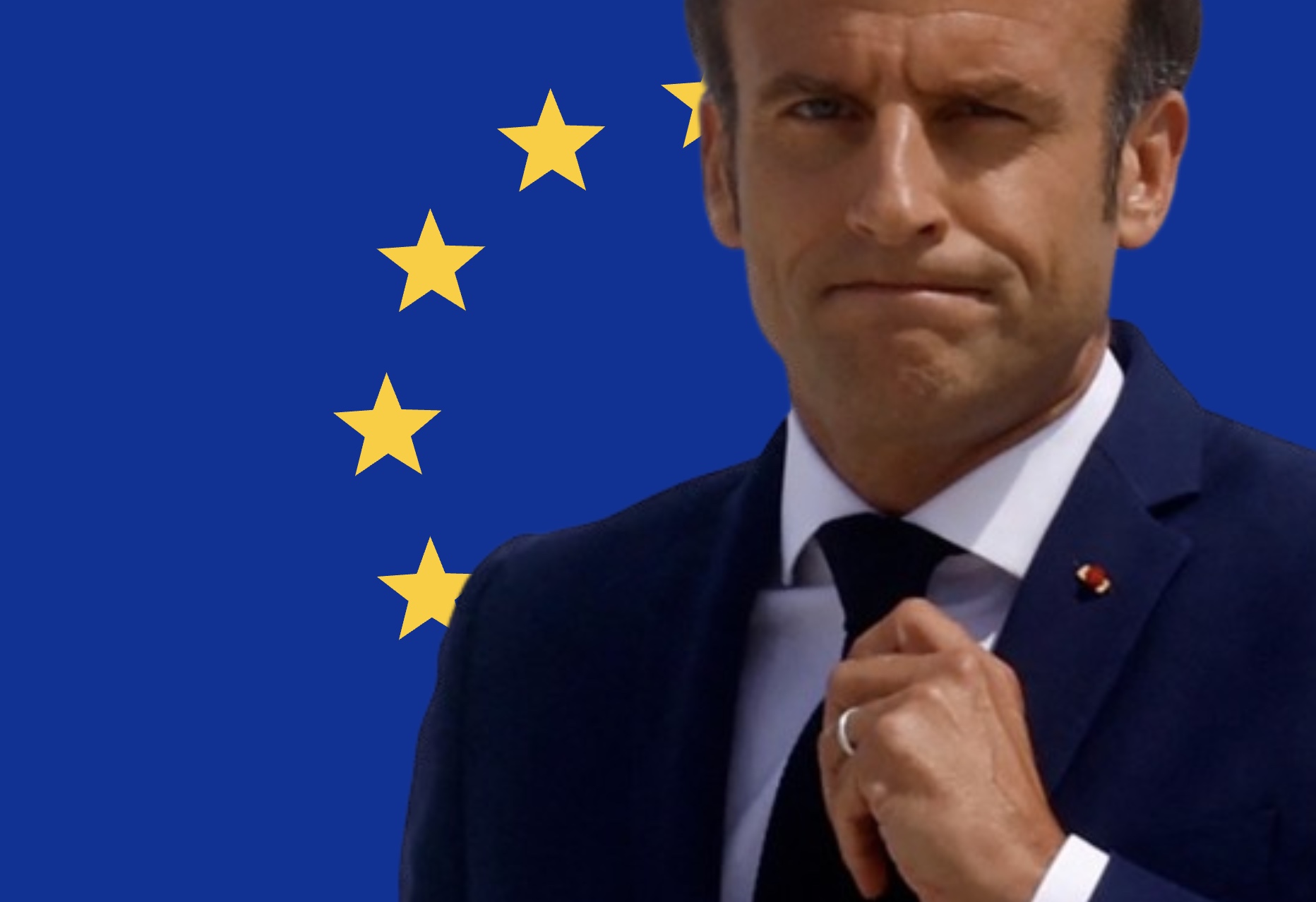The regulation of artificial intelligence (AI) has emerged as a central topic on the global agenda. With technology advancing at a rapid pace, the need to set boundaries and guidelines has become imperative. In this context, the G7, a group of the world’s seven most advanced economies, has made a landmark decision, reaching a historic agreement on how to regulate AI. This consensus is a milestone, given the significance of AI in modern economy and society.
However, the path to this agreement was not straightforward. While the United States advocated for minimal regulation to avoid stifling innovation, Europe, with powers like France and Germany, championed stricter regulation. Amid these tensions, Japan proposed the ‘Hiroshima Process on AI’, an intergovernmental forum aimed at finding common ground to discuss and establish international standards for “trustworthy” AI.

The outcome of these discussions is the “Code of Conduct for AI“, a set of guidelines aimed at guiding AI developers towards ethical and responsible practices. This code addresses crucial aspects such as risk identification and mitigation, protection of personal data and intellectual property, and promoting transparency in AI applications. The G7 not only sees AI as a transformative tool but also recognizes the need to protect individuals and society from potential abuses.
To implement this code, the G7 will collaborate with international bodies, such as the Global Alliance on AI and the OECD, ensuring a global and diverse perspective. However, it’s essential to highlight that, unlike European regulation, the G7’s Code of Conduct is voluntary, leaving its adoption to the will of companies and developers.

As the G7 moved forward with its agreement, the Biden Administration in the United States announced an executive order on AI, aligned with the Code of Conduct in terms of privacy and security. Leading tech companies, such as Google, have expressed their support for the G7’s Code of Conduct, viewing it as a crucial step towards responsible AI that benefits everyone.
In conclusion, the G7’s agreement on AI marks a significant step towards a future where technology and ethics coexist in harmony, laying the groundwork for a safer and more equitable world in the digital age.











